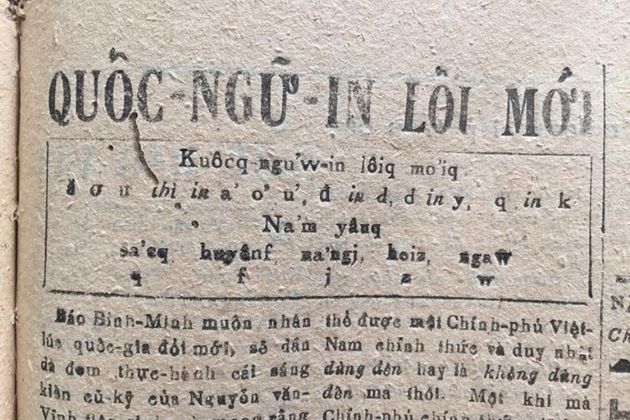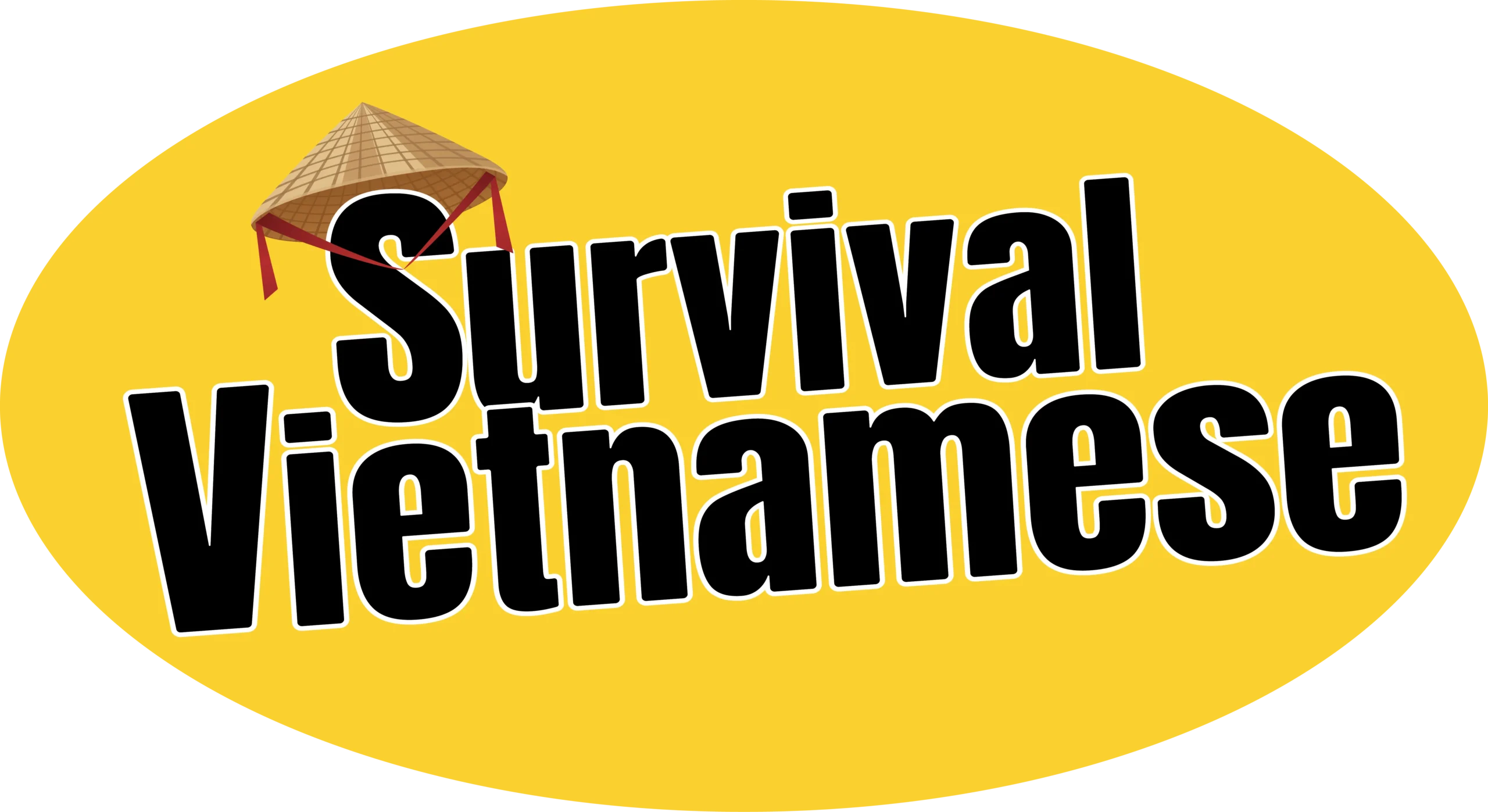
An Honest, Encouraging Answer
You’ve probably heard it before: “Vietnamese is so hard!”, “The tones will kill you.”, “It’s impossible unless you’re born here.”
But how much of that is really true? If you’re just starting out, or considering learning Vietnamese, let’s set the record straight with a bit of honesty, a lot of encouragement, and some friendly facts.
The Truth? It’s Not Easy, But It’s Totally Doable
Yes, Vietnamese can be challenging at first. But it’s not impossible. In fact, in many ways, it’s easier than some European languages. Let’s look at why Vietnamese is hard, and also why it might surprise you in the best way.
What’s Hard About Vietnamese?
Let’s be real:
- The Tones.
Vietnamese has six tones. A single word can have six meanings depending on how you say it. That can feel intimidating, but tones are just like learning musical notes. With practice (and some good listening), your brain and ears will catch up. - Pronunciation.
Some sounds don’t exist in English. Letters like “ư” and “ơ” take a while to master. But the good news? Vietnamese uses the Roman alphabet, the same one you’re reading right now. That gives you a huge head start. - Dialects.
Northern? Southern? Central? Vietnamese has several regional accents and vocabulary differences. But you don’t need to learn them all. Just focus on one, and people will understand you, even if you sound “foreign.”
What’s Actually EASY About Vietnamese?
You might be surprised:
- No Verb Conjugation.
Say goodbye to tables of verb forms. In Vietnamese, verbs don’t change. “I go,” “you go,” “we go”, it’s all just “đi.” Easy, right? - No Genders, No Plurals.
Forget memorizing if a noun is masculine or feminine. In Vietnamese, a cat is just a cat, “con mèo.” And plurals? Just add a little word in front (like “những” or “mấy”), no changes to the noun. - Logical, Consistent Structure.
Vietnamese sentence structure is simple and clear. Word order often mirrors English, and many compound words are beautifully literal. (e.g., “máy bay” = “flying machine” = airplane)
What Learners Say
“At first, I was terrified of the tones. But after two weeks of practice, I could hear the difference. Now I even enjoy it, it’s like a fun challenge!”
– Daniel, traveler and café lover
“I’ve learned French and Chinese. Vietnamese is much more straightforward once you get past the pronunciation. And locals are SO patient.”
– Laura, expat in Saigon
So… Is It Hard?
Let’s say this: Vietnamese is different. It stretches your ears and your mouth in new ways. But it rewards you quickly with useful phrases, real connections, and big smiles from locals. And just like learning to ride a bike or cook pho, the beginning feels tricky, but one day, it clicks.
Final Thoughts: You Got This!
Don’t let the scary reputation stop you. Vietnamese might challenge you, but it’ll also charm you. Every word you learn opens up new friendships, deeper travel experiences, and a whole new way to see the world. So go ahead, say your first “xin chào.” Stumble through your first sentence. Laugh at your own accent. And keep going.
Because in Vietnam, people will always cheer you on when you try.
Want to Start Learning Now?
Check out our friendly guides, vocabulary lists, and cultural tips, all made for curious learners like you. Stay curious, stay humble, and keep surviving, the Vietnamese way.
🎉 Ready to learn Vietnamese?
Join our live classes with expert teachers or study anytime with our self-paced courses — made for beginners, heritage learners, and anyone serious about speaking Vietnamese naturally.
Start your learning journey today!
See our most recent posts on Instagram!
Practice Vietnamese with our videos on YouTube!
